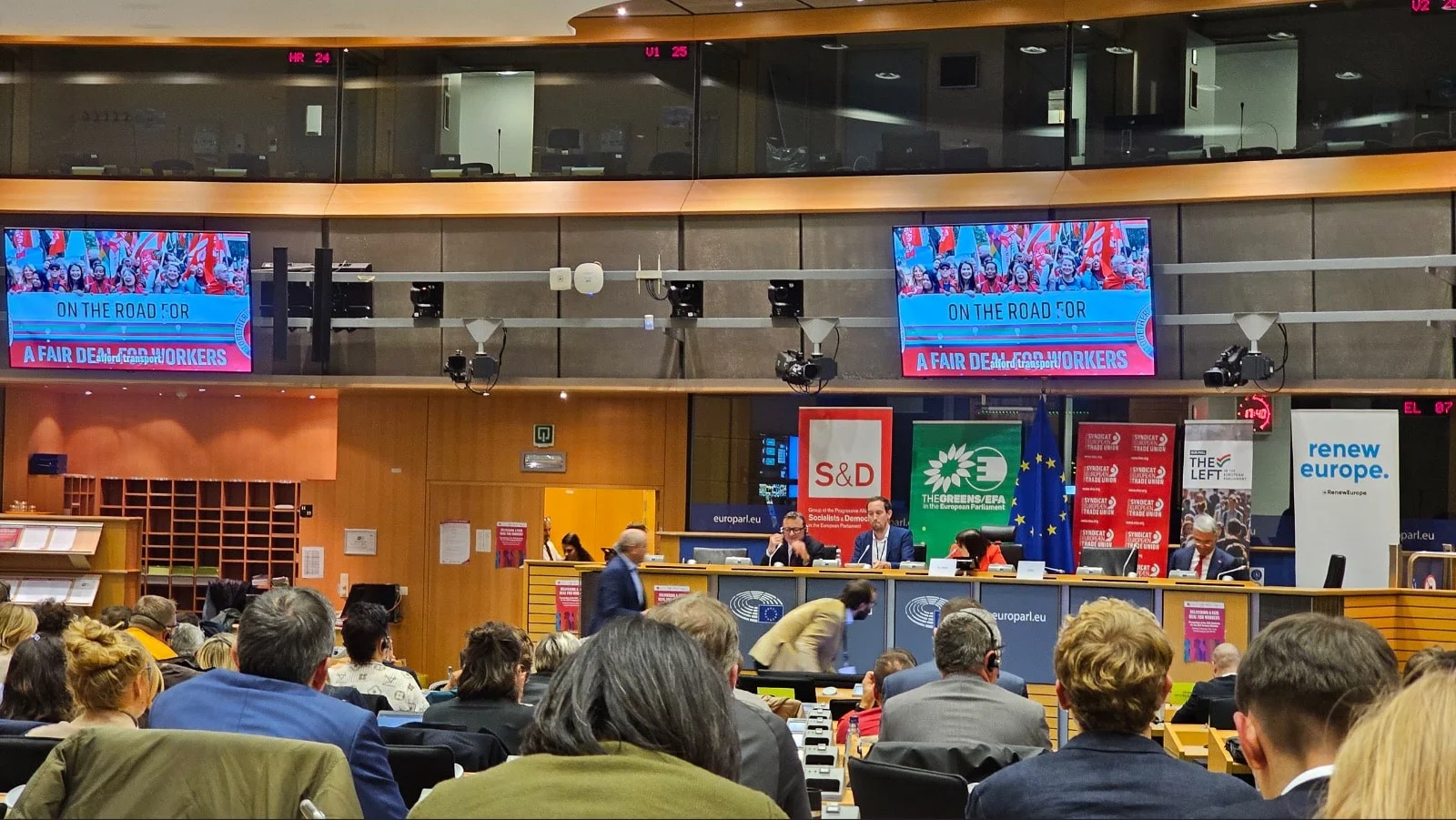Brussels – With the new European Commission led by Jean-Claude Juncker there is “a different approach in terms of opening and involvement of social partners,” compared with Barroso’s era, but it’s better to wait and see “if they walk their talk.” The new Secretary of the European Trade Union Confederation (ETUC-CES), Luca Visentini, says some of the first steps made by the new Commission are positive, still insufficient. “We’ll press them,” he says. And trying to dog the Commission will be one of his main tasks, while the other major task of his mandated after his election on October 2, will be trying to tackle the crisis of representativeness of Unions.
You’ve been elected as leader of the ETUC a few time ago, which guidelines are you going to follow in your mandate?
“We need to restart the economy first, starting from the fact that austerity hasn’t worked. No more macroeconomic strategies based on rules only, we need to get fuel in our engines. We’ve launched a strategy based on three pillars: relaunch of investments, starting from public investments which will trigger private ones, increase of private demand with higher salaries and work standards, and change of the storytelling according to which the European social model would hamper competitiveness. And it’s not like that, facts show it’s the opposite indeed.”
Fuel in our engines: the Commission’s petrol is the €315 billion Juncker’s plan
“Well, I think that’s just a minor jerry can. We’ve welcomed the fact that the Commission and Member States have finally decided to launch a strategy for investments – which we had been asking for three years – but for sure this is not enough.”

How would you judge the Commission’s work so far?
“We feel that the Juncker’s Commission is more committed in realizing at least a little change in the EU strategies in facing the crisis, compared with the Barroso’s Commission – and we hope this feeling could be confirmed. Broadly speaking, there a significantly different approach towards discussion and inclusion, but for sure we’ll press them until we see some results.”
Juncker participated at the ETUC Congress in Paris, and his speech dealt with the importance of the open-ended contracts.
“Juncker said revolutionary things in his speech. He said collective bargaining should be national and that the time of decentralization is over, while the Commission has said the opposite so far. He said the prevailing contract should be open-ended, contradicting the things so far done even here, he called for minimum working standards and talked about the importance of getting the same wage for the same work. These concepts are all in line with our ideas, but it is now time to turn them into facts.”
Don’t you think that Unions need to tackle not only the economic crisis but also its crisis of representativeness?
“This was one of the main subjects of our Congress. There’s an increasing loss of members in several Unions, luckily not in all of them. Initially due to major industrial crisis, this phenomenon is now attributable to the fact that most of Unions are unable to reach out to be categories of workers.”
What do you think Unions should do then?
“The first thing for being able to maintain Unions’ representativeness is bargaining. If we are not able to bargain and obtain collective contracts, Unions become residual. Relaunching collective bargaining into Member States is crucial for relaunching Unions, their capability of achieving results and consequently representing workers and getting more members. Still, this is not enough.”
What else then?
“The problem posed by new kind of jobs is that it is getting almost impossible to bargain in all Europe because there aren’t bargaining and juridical tools for guaranteeing a true counterpart for discussion. This is why we need to bargain directly with Governments for urging them to implementing reforms. It is crucial for Unions to be able to relaunch our bargaining role and to be reliable with credible proposals for reaching out to new categories of workers.”


![Vigili del fuoco al lavoro contro un incendio [foto: imagoeconomica]](https://www.eunews.it/wp-content/uploads/2024/08/Imagoeconomica_2143680-350x250.jpg.webp)










